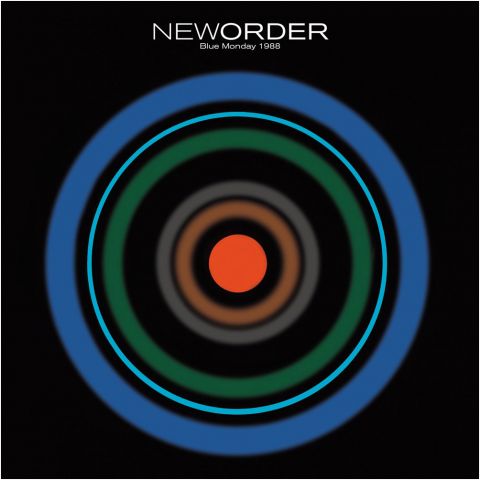Most of us are on Plan B (or C or D)
What do you want to be when you grow up?
Ask any 8 - 12 year old that question and you will probably get one of the following careers in response - Movie Star, Pro Athlete, Musician, Astronaut, Firefighter, (increasingly) Video Game Developer, or maybe YouTube star, (apparently that is a thing now).
What you won't get much of in response are more common occupations like Office Clerk, Home Health Aide, Salesperson, or Bus Driver.
Not a shock, right? But I wonder if there isn't more to think about from the disconnect between what we really wanted to be doing with our careers, and what (many of us), end up actually doing in our careers. A recent survey of more than 400 teens conducted by C + R research suggests that most of today's teens have career aspirations that are extremely out of synch with the true nature of the labor market.
For example, 20% of surveyed teens expressed a desire for a career in "Arts, Design, Entertainment, Media, & Sports", a field that makes up only about 1% of American jobs in the workforce. And fully 0% of teens indicated a desire to move into "Office and Administrative Support" occupations, (like HR or IT), even though that category encompasses fully 15% of American workers today, making it the largest segment of the labor force as tracked by the BLS.
This is not surprising data; I mean who wouldn't rather be a relief pitcher for the Mets or a Hollywood movie producer than say, an HR manager?
Heck, even to this day when people ask me about my career goals, 'Point Guard on the Knicks' still comes up as a delusional option.
Why does any of this matter? Who cares what your boss or your colleague or even you wanted to really do with your life when you were 12 or 14?
It is possible that it does not matter.
But it is also possible that it is a good idea to be reminded every once in a while that most of us are not really doing the thing we used to dream about doing.
That does not mean we can't love what we are doing now, and be excited about how our careers have panned out, I am not saying that. And even if we can't be doing the thing we'd really want to be doing, (I am too old, slow, and have too unreliable a jump shot to actually play for the Knicks), I think the key to making peace with the Plan B ( or C or D), that we landed on is finding some elements of Plan A inherent in what we ended up with.
If you really wanted to be an artist or an athlete or an explorer, then what can you find in your (less glamorous), HR Manager role that at least hints at or reminds you of why you were attracted to those childhood dreams in the first place? What can you invent to make the role you have more like the one you always wanted?
How can you become the most artistic, expressive, courageous, legendary HR Manager ever?
If you can, then you probably will accomplish your version of "Point Guard for the Knicks".
Have a great week!

 Steve
Steve


